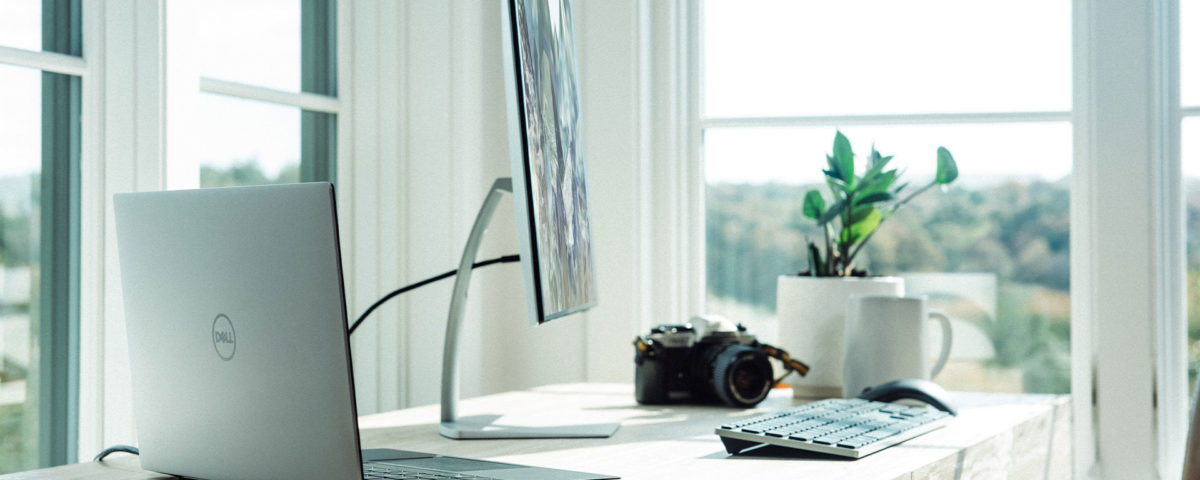By Lauren Gordon, Behavioural Insights Adviser at Bupa UK
Lauren Gordon, Behavioural Insights Adviser at Bupa UK shares some tips and tricks you can try to help you stay healthy.
You might have been working from home for a while now, and finding it’s taking its toll on your health. Here Lauren Gordon, Behavioural Insights Adviser at Bupa UK, shares some tips and tricks you can try to help you stay healthy, whether you have a dedicated home office or find yourself sharing the kitchen table. As well as staying mentally healthy, keeping your motivation levels, maintaining social connections and staying focused.
Motivation
One of the main things you might struggle with when working remotely is staying motivated. Many of us have been working from home for several months now, and your initial enthusiasm might have passed. A good way to tackle this is to plan your day in a way that works best for you.
We all go through peaks and troughs throughout the day and working from home can give you more flexibility to schedule your tasks accordingly.
You might use email more from home as you can’t just turn to someone in the office and ask for their help. To make sure you’re not constantly distracted by emails pinging in, dedicate certain times of the day to sending and responding to emails. Perhaps those times of the day where you’re usually less productive.
If you find it hard to stay motivated don’t be too hard on yourself. This is a very difficult time, and you’re doing the best you can.
Keep your routine (as much as you can)
Over the course of the last few months your situation might have changed. You might have been furloughed and are now back working again. Or perhaps you got used to having your children at home and now they’ve returned to school. This might mean you’ve found it hard to create a routine.
Keeping the same routine (as much as possible) that you have when you go into the office helps you to transition better into ‘work mode’ mentally. You might find it helpful to go for a short walk before and after work to help create the structure of a working day.
Staying connected
While there are benefits to working from home, you might also find it lonely or isolating. Many of us work better face-to-face and miss seeing our colleagues in person.
When we began working from home, many of us made an extra effort to stay social by arranging team catch-ups and informal chats over video call. However, months later you might have found these have slipped, so why not try using messaging platforms as a way to keep the informal chats flowing?
Maintain boundaries
When your home becomes your workspace it’s important to be mindful that those lines don’t blur too much. It can be harder to switch off when you don’t ‘leave the office’ and it can lead to working longer hours. It’s important to make that mental transition between work and home. Make sure you set a boundary and pack up properly when it’s time.
Successful setup
It’s important to look after your posture when you’re working from home. So, tempting as it may be, this means not sitting on the sofa with your laptop on your knees.
- Your seat should be close to your desk or table and your feet fully on the floor.
- Keep your shoulders relaxed and your elbows at a 90-degree angle just above the tabletop.
You might find that sitting for long periods is taking its toll on your back. If this is the case, you might find standing up for some of your day is helpful. While most of us won’t have access to a standing desk you can create one using a kitchen counter or even an ironing board! If you do this, just make sure that your new workspace is at elbow height, so your arms are at 90 degrees, and that you keep your screen at eye level.
Take breaks
Taking short, regular breaks can help prevent aches, pains and eye strain. Without the natural rhythm of an office environment, it can help to set some reminders in your calendar to stretch regularly, get up and move and make a drink every hour or so. If it’s in the diary as a commitment, we are more likely to do it, as it helps us better stick to our intentions.
It might also help to set a timer so that you work for 45 minutes undisturbed, and then take a 15-minute break. This is a good productivity hack too – it’s really hard to stay concentrated for hours at a time.
Keep active and eat well
Another tip is to make use of the commute time you had previously to do some exercise, whether that’s before work or afterwards. Even a short walk can be helpful to get moving and break up your day.
Working at home can also make it harder to eat a healthy, balanced diet. If you find yourself often reaching for snacks out of habit, try to arrange them in the cupboard so that they are hard to reach or out of sight.
When it’s lunch time, take the time to prepare a healthy meal. You might find it helpful to plan your meals in advance so that you don’t find yourself having to make decisions when you are already hungry.
Embrace the positives
While working from home does have its challenges, seek out the positives where you can. A more flexible approach can give you control over your environment and the hours you work. And not having to commute is always a bonus too. Plus, not getting home late means there’s more time to plan something enjoyable into your evening.













